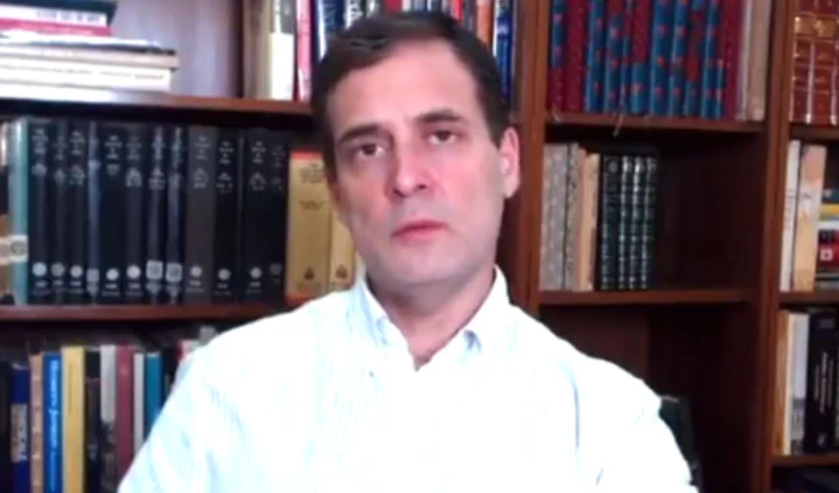
Rahul, Owaisi air queries on India-China ‘consensus' on easing LAC tension

The Opposition has gone after the government over the ‘five-point consensus’ reached between Indian and Chinese foreign ministers in Moscow, which many say has left out ‘status quo ante’ (pre-April situation).
Foreign Minister S Jaishankar held over two-hour talks with his Chinese counterpart Wang Yi on the sidelines of the Shanghai Cooperation Organization meeting on Thursday (September 11). A joint statement was issued later which sought to restore peace along the LAC and laid down five consensus points to achieve that. What exactly the nature of the consensus is, however, remained “unclear”, according to Opposition leaders back home.
The months-long tension involving the two Asian giants, especially in eastern Ladakh, has triggered a massive deployment of armed forces by the two sides. The flare-up intensified in mid-June after 20 Indian soldiers were martyred in hand-to-hand combat at Galwan. A series of force-level meetings along with diplomatic-level talks have yielded little.
On Thursday, Jaishankar and Wang met in Russia’s capital and agreed that the present border situation goes against the interests of the two sides.
Related news: Rahul Gandhi sharpens attack on Modi govt over privatisation, unemployment
However, the detailed roadmap spelled out by the two leaders has failed to mention “status quo ante”, which is restoration of the LAC to its previous state in April before the confrontation started with China amassing troops in the Ladakh region.
Congress leader Rahul Gandhi said, “The Chinese have taken our land. When exactly is GOI planning to get it back? Or is that also going to be left to an ‘act of God’?”
Government sources have said that India “would not countenance any attempt to change the status quo unilaterally”, but has failed to talk on the restoration of status quo, which has been a demand throughout the conflict.
AIMIM chief Asaduddin Owaisi has also raised many questions. “We have seen the joint statement of the foreign ministers. Why has @DrSJaishankar not asked for a return to the status quo ante as of April, on the LAC in Ladakh? Or does he agree with his boss, the @PMOIndia that no Chinese soldier is on our side of the LAC?”
“What new has been agreed upon in the meeting that will allow the talks between military commanders to succeed now? The government should clarify this. Military talks have not led anywhere so far and they should not be made to bear the burden of political failure @rajnathsingh,” said Owaisi in another tweet.
Following is the full text of the India-China joint statement following talks between Jaishankar and Wang Yi in Moscow:
* The two Ministers agreed that both sides should take guidance from the series of consensus of the leaders on developing India-China relations, including not allowing differences to become disputes.
* The two Foreign Ministers agreed that the current situation in the border areas is not in the interest of either side. They agreed therefore that the border troops of both sides should continue their dialogue, quickly disengage, maintain proper distance and ease tensions.
* The two Ministers agreed that both sides shall abide by all the existing agreements and protocol on China-India boundary affairs, maintain peace and tranquillity in the border areas and avoid any action that could escalate matters.
* The two sides also agreed to continue to have dialogue and communication through the Special Representative mechanism on the India-China boundary question. They also agreed in this context that the Working Mechanism for Consultation and Coordination on India-China border affairs (WMCC), should also continue its meetings.
* The Ministers agreed that as the situation eases, the two sides should expedite work to conclude new Confidence Building Measures to maintain and enhance peace and tranquillity in the border areas.





